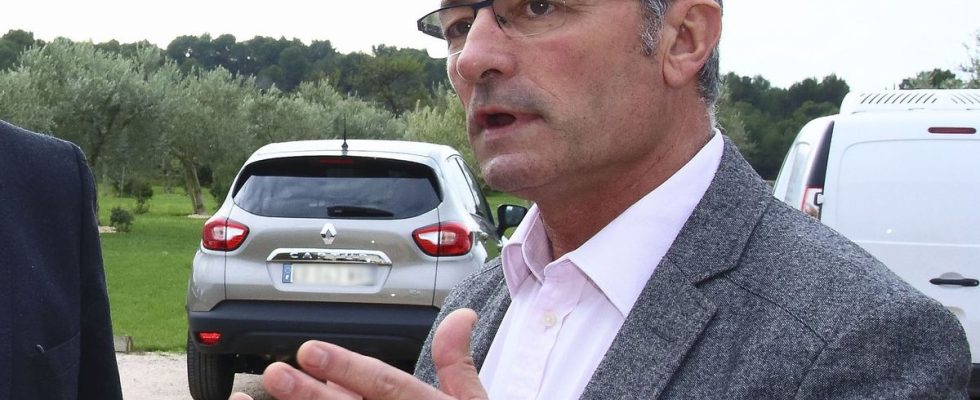“My criminal record is clean, and yours? » On August 24, on X (formerly Twitter), Henri Cabanel (various left) displayed the proof of his probity, by publishing the bulletin n°3 of his criminal record, which does not display strictly any condemnation. For the senator from Hérault, it should be the same for all elected officials, in the Senate, in the National Assembly, as in local communities: this winegrower, who sits in the ranks of the European Democratic and Social Rally (RDSE ) in the Senate, decided to introduce a bill, so that all candidates must present a clean criminal record to participate in an election in France. He explains why 20 minutes.
Why do you think applicants should have a clean criminal record?
Because there has been, for many years, a growing mistrust of citizens vis-à-vis elected officials. That the candidates are required to present a clean criminal record, it would be a positive sign, among many others, of course, which would make it possible to rebuild a bond of trust. It is, moreover, a question of equity, in relation to citizens who, in order to practice a large number of professions, are obliged to present a clean criminal record. In the civil service, of course, but also for taxi drivers, auditors, pharmacists… Elected officials are not above citizens. And then, it’s a question of setting an example. Elected officials are there to manage public life, and a clean criminal record is the least you can do…
In your opinion, the penalties of ineligibility, which prevent the exercise of elected mandates and to stand for election, are not sufficient?
It is a judge who pronounces the sentences of ineligibility, within the framework of a condemnation. However, if he does not pronounce it, the candidate can be condemned, and exercise, or represent himself.
Some might criticize your bill for not allowing you to stand for election, once you have paid your debt to society…
Quite. But if we accept that, we must also allow it to be possible for a citizen, who has been sentenced, and who would like to enter the public service… And then, let’s remember, a mention on the criminal record is not not always ad vitam aeternam. Depending on the convictions, of course, if requested, certain entries may be erased. So a candidate has been convicted, he can very well wait until his criminal record is cleared to present himself. Because everyone can make a mistake, I understand that. But I think it is important, in front of the first party of France, that is to say the citizens who do not come to vote, to show a certain exemplarity.
This is not the first time that you have presented such a bill.
Yes, I had done it in 2016, with my colleague Fanny Dombre-Coste (PS), who was then a deputy for Hérault. It had been passed in the National Assembly. But not in the Senate.
It didn’t surprise you at the time.
No. We feel that there is not really a will, unfortunately, to put this subject on the table, and to legislate. However, I remind you that in 2017, the candidate Emmanuel Macron had included this proposal in his program. But it fell by the wayside. Because there was, supposedly, a risk that it would not be in conformity with the Constitution… This is an argument that does not hold, since the Constitutional Council verifies the texts once the law has been passed. You can’t know in advance what he’s going to say…
Do you know if many candidates have had, in local and national elections, mentions on their criminal records?
No, I don’t have specific numbers, of course. But, for example, in the last municipal elections, in 2020, France Info had produced an articlewhich indicated that 340 mayors who had been condemned by justice had sought a new mandate [selon des chiffres de l’Observatoire Smacl des risques de la vie territoriale]. So if this is the case with some local elected officials, it is certainly the case with some national elected officials.
Since you put this bill back on the table, what are the reactions of your comrades or your opponents in the Senate?
I just dropped it off. And as some put their mandates on the line [le 24 septembre, aux élections sénatoriales*], they are more occupied with their elections or their re-elections. We’ll see in the fall. But I know full well, unfortunately, as I noticed in 2016, that not everyone sees it in a good light. For my part, I do not do this for the buzz. In fact, this will be my second and last term as a senator. I’m for two successive terms, and that’s it.
* Henri Cabanel does not put his mandate at stake in the senatorial elections, on September 24th. The Hérault senator is elected until 2026.

